Wednesday 22nd of March, 09:30 - 10:45 (NYC Time)
UN HQ Building in NYC, Side Event Room B
There is limited availability,
just let us know through the button above
There is limited availability,
just let us know through the button above
The session will focus on
the intrinsic relation between water and health. The starting point is that
access to clean water is essential for maintaining good health and is crucial
for preventing the spread of infectious diseases. Adequate access to clean
water helps to reduce waterborne illnesses and improve hygiene, which has a
positive impact on health and well-being. In addition, clean water and
sanitation are essential for maintaining healthy environments, which can help
to support overall health and well-being. To improve global health and lessen
the burden of disease, it is crucial to invest in clean water, water related legislation
and policies, as well as sanitary infrastructure.
In Sub-Saharan Africa, women and girls are unequally burdened by lack of access to clean water and sanitation. Responsible for collecting the water they miss school, are subject to violence and face risks of injuries.

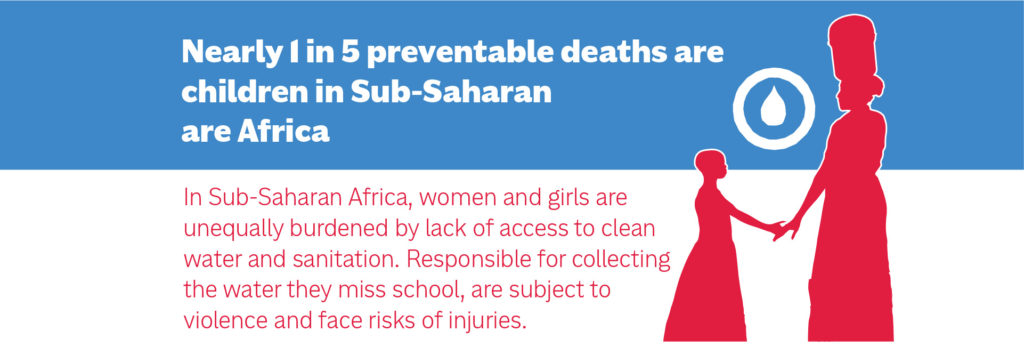
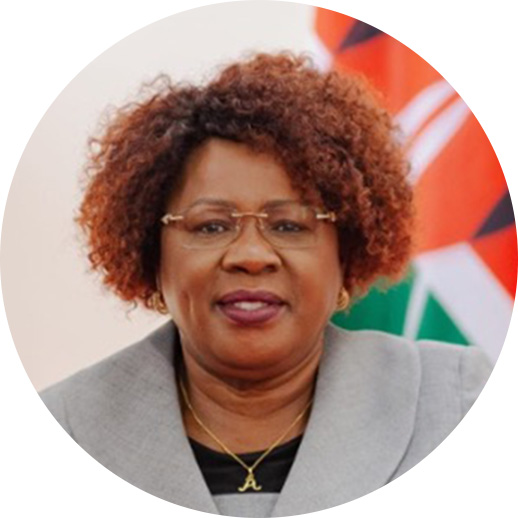
Alice Wahome
Cabinet Secretary, The Kenyan Ministry of Water and Sanitation
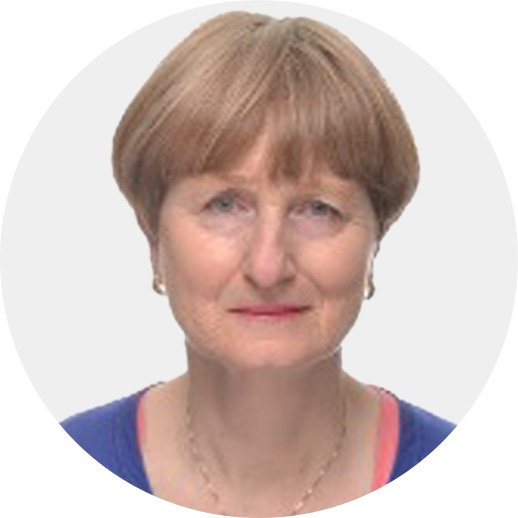
Ministry of Foreign Affairs of The Netherlands – Inclusive Green Growth Department;

Chief Water, Sanitation and Hygiene of UNICEF
Click to discover their stories!

Global Ambassador to End Violence Against Women and Girls - Kenya

WASH Facilitator –South Sudan

Martin Muchangi
Director Population Health and Environment
Amref Health Africa
Martin.Muchangi@amref.org
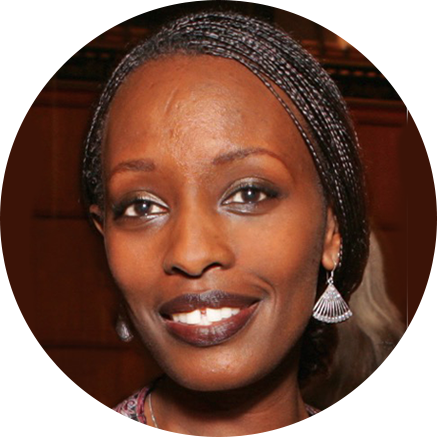
Executive Director
Amref Health Africa in Canada
kkirunga@amrefcanada.org

Head of the Future Programmes Team
Amref Netherlands
Nanneke.Nix@amref.nl
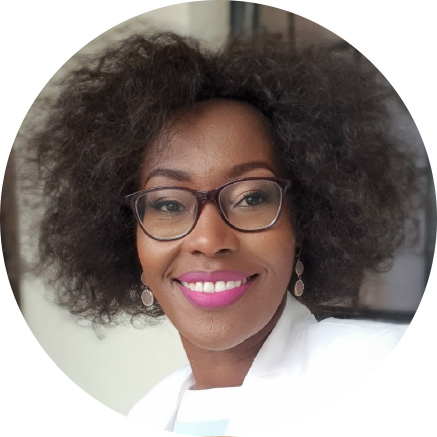
Regional Policy Manager
Amref Health Africa
Dona.Anyona@Amref.org
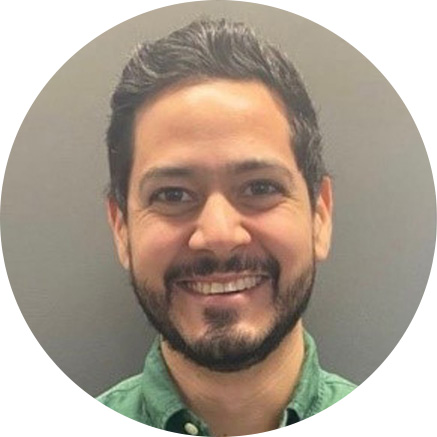
Michel Luna Sanjuan
Advocacy Officer
Amref Netherlands
Michel.Lunasanjuan@amref.nl
Water and Sanitation Crisis & the effects of Climate Change
Half of the world’s population could be living in areas facing water scarcity by as early as 2025.
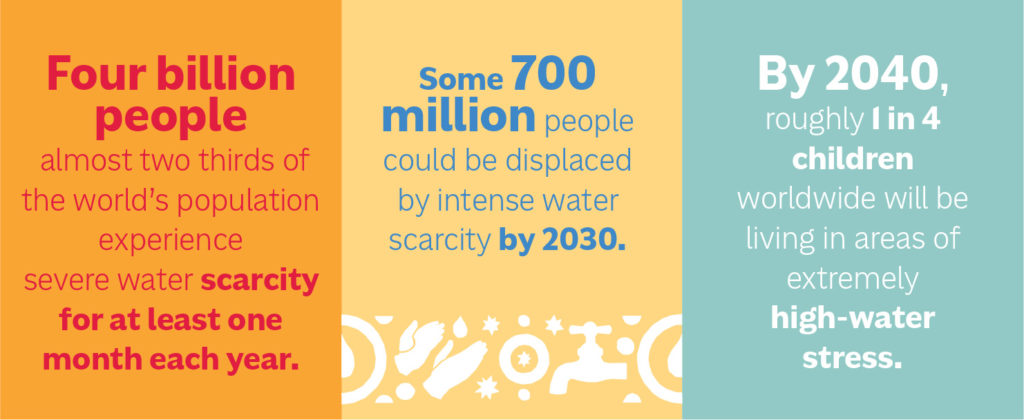
Share of the population with access to drinking water facilities, 2020
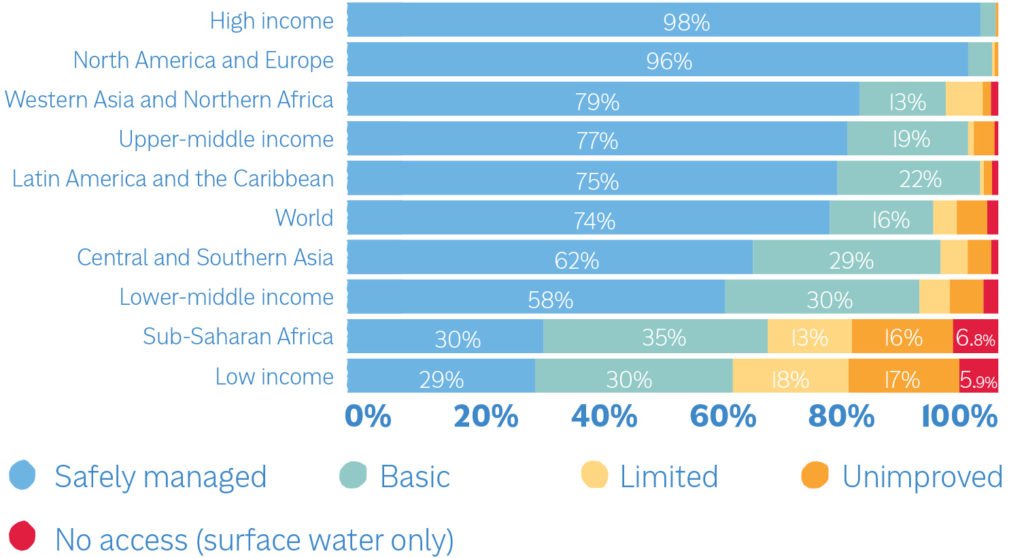
Source: WHO/UNICEF Joint Monitoring Programme (JMP) for Water Supply and Sanitation
OurWorldInData.org/water-access. CC BY
Wednesday 22nd of March, 09:30 - 10:45 (NYC Time) UN HQ Building in NYC, Side Event Room B
The session will focus on the intrinsic relation between water and health. The starting point is that access to clean water is essential for maintaining good health and is crucial for preventing the spread of infectious diseases. Adequate access to clean water helps to reduce waterborne illnesses and improve hygiene, which has a positive impact on health and well-being. In addition, clean water and sanitation are essential for maintaining healthy environments, which can help to support overall health and well-being. To improve global health and lessen the burden of disease, it is crucial to invest in clean water, water related legislation and policies, as well as sanitary infrastructure.
More precisely, the session will discuss current challenges and provide effective community-based solutions.
The first issue is the evident impact that access to clean water and sanitation has on women and girls:
1) Young women and girls are often disproportionately affected by the lack of access to clean water, sanitation, and hygiene. In many African communities, they are responsible for collecting water and may have to travel long distances to do so, which can expose them to physical and sexual violence.
2) Improving access to clean water, sanitation, and hygiene has a positive impact on young women’s and girls’ health and well-being. For example, improved menstrual hygiene in schools, helps girls to stay in school and achieve their full potential.
3) Investing in young women and girls’ access to clean water, sanitation, and hygiene have broader benefits for communities and society as a whole. For example, access to water empowers girls and women to play a greater role in decision-making and contribute to economic development.
While still focusing on women and girls, access to WASH needs to be mainstreamed at all levels and in all other development sectors, This would include looking at the specific needs and challenges of target populations and brainstorm how to address issues such as water quality, availability and accessibility, as well as sanitation infrastructure and hygiene behaviors in institutional and public environments such as schools, hospitals, market places But also access to WASH is extremely important for alle economic development.
Regarding water and climate change, during this session, Amref will focus on the adaptation side of water, by discussing how to harness the resources available and exploring how to increase innovation in order to use WASH efficiently. This will include a conversation around adaptation strategies and solutions that address the specific water-related challenges and opportunities presented by climate change at a community level. More specifically, by improving infrastructure and governance, and fostering community resilience and participation. We’ll discuss how to connect with decision-makers and stakeholders most effectively, to ensure that accountability is upheld and that adaptation measures are incorporated into larger climate and development policies and strategies.
The conversation on the intersection between water, climate and health will be rounded off through a panel discussion, consisting of experts from different sectors, including public health, water management, and climate adaptation. where we’ll discuss the ways in which their work intersects and the challenges and opportunities they face in addressing water, climate, and health issues.
Finally, Amref will amplify African voices during the UN Water Conference by amplifying the messages and recommendations of African stakeholders and champions at the conference, and to provide support and resources to help them engage effectively within the policy space as well as the community level.